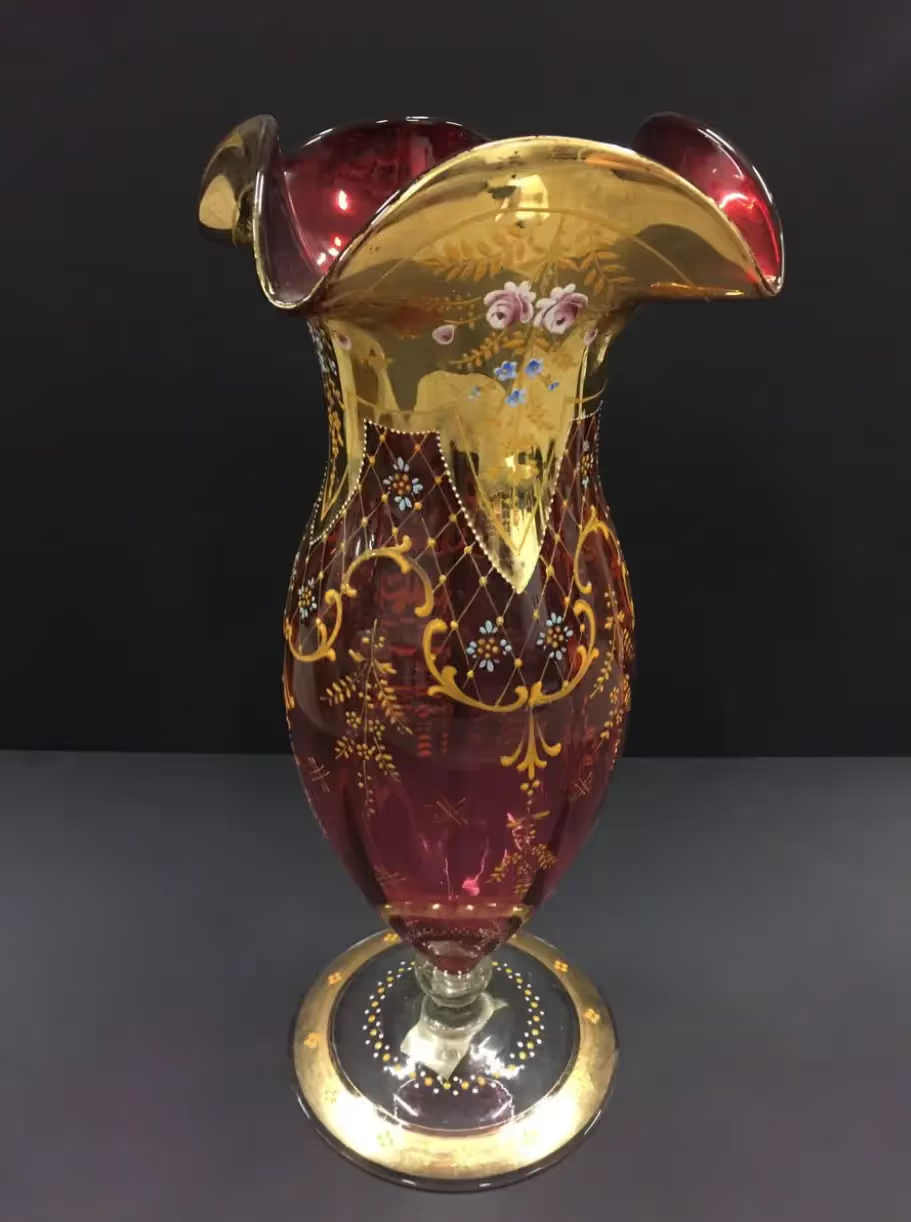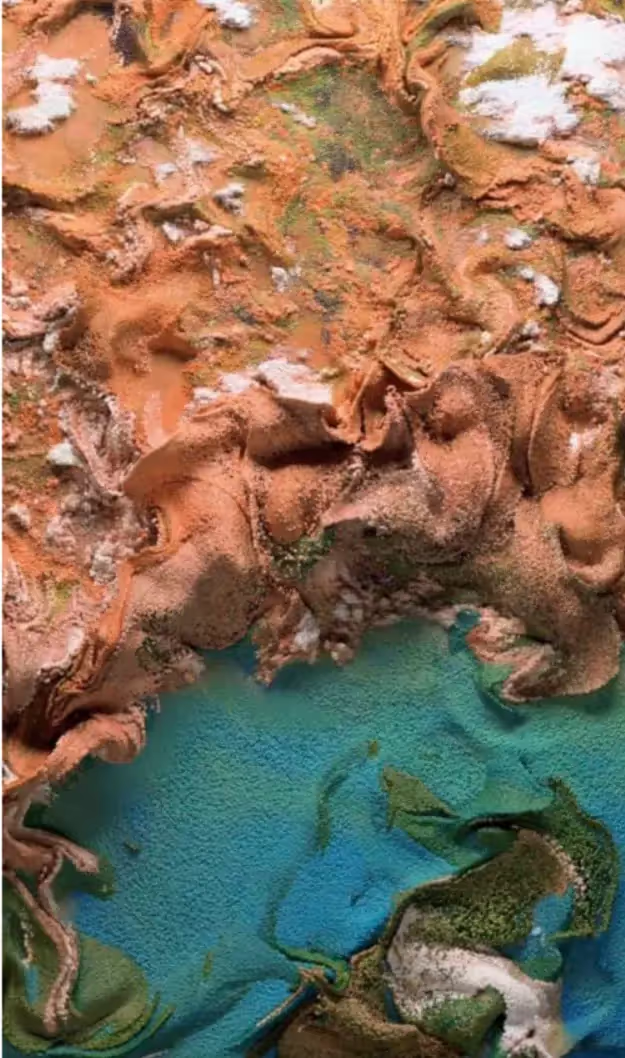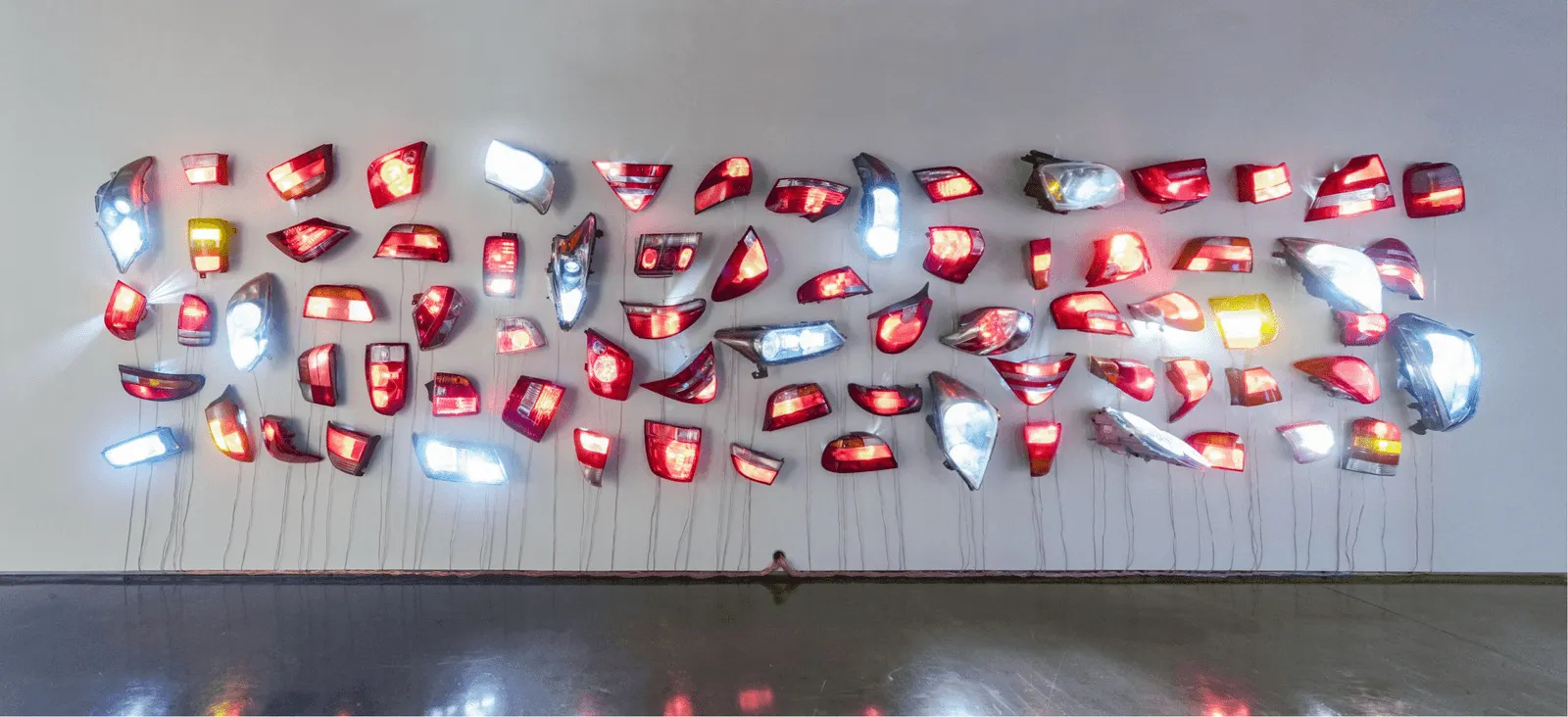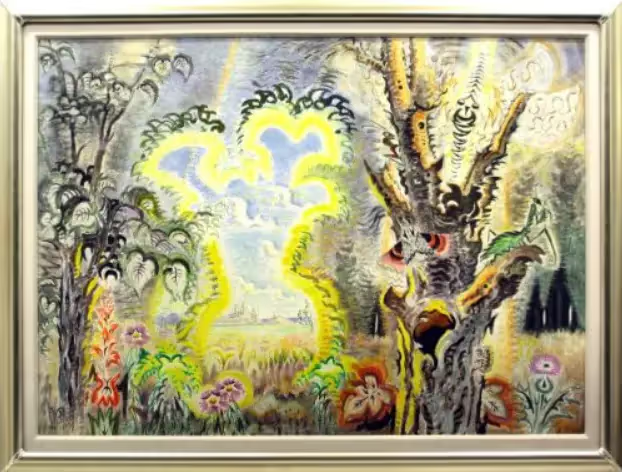Connect with
American art


Make the most of your visit to the Hunter
Perched on an 80-foot bluff overlooking the Tennessee River, the Hunter Museum of American Art features a collection of nearly 3,000 works illustrating the diversity of the American story and the creativity of the American spirit. Galleries filled with paintings and drawings, sculptures and new media will bring out your inner artist. Visit with your family and friends to discover what makes the Hunter Museum an experience unlike any other!
Visit us today!
Chattanooga, TN 37403
Parking is available at the Hunter Museum parking lot, 500 feet from the entrance to the museum. The parking lot is wheelchair accessible. Museum guests can park for free by registering their vehicle using their license plate number.

The Hunter is universally accessible. Wheelchairs and strollers are available free of charge at Visitor Services, and service dogs are welcome in the building. We also offer sensory-friendly maps to assist youth on the Autism Spectrum or with sensory processing disorders.

Create, play, explore, experience
You don’t need an art degree to enjoy art. The Hunter museum is yours—your place for you and your family to enjoy art, find new perspectives, and enjoy new ways to create.
See all eventsDiscover more as a member
Art connects us to each other and the world we live in
We believe that art allows us a window into the perspectives, experiences, and viewpoints of others. As we strive to better engage our diverse audiences in active dialogues about the meaning and relevance of American art, the Hunter continues to reimagine and reinterpret American art itself.
Our programs and exhibitions are shaped by our commitment to representing a variety of experiences, cultures, and perspectives in hopes that visitors see art with new eyes—as a way to better understand both where we’ve been and where we are today.
Explore the permanent collection
Travel across hundreds of years with history with 3000+ works of American art.
Browse the collectionRecent Acquisitions
Host your next event at the Hunter
Host your next event at the Hunter
Whether you’re looking to host a rehearsal dinner, wedding, fundraiser, or corporate event for 20 or 1,000—the Hunter Museum is well-equipped to make your event a memorable one!







.png)
-Edit-EditRESIZE.avif)





.avif)

.webp)










.jpg)









.avif)







.avif)